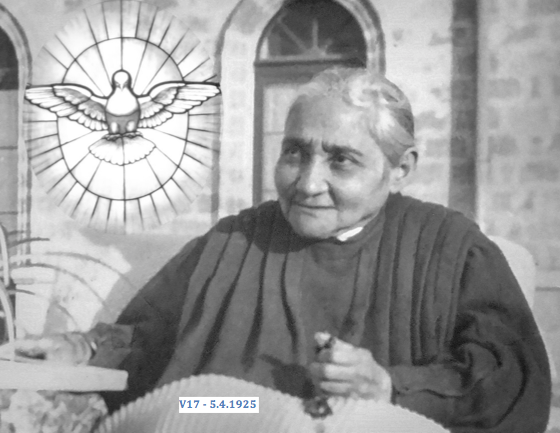
The Servant of God Luisa Piccarreta
As this work on the writings had not taken place within the diocesan process, the Dicasterio ordered the completion of this requisite with the intention to be able to issue the decree on the legal validity of the diocesan investigation and in this manner initiate the Roman process. The theological Censors, named by the Church, must examine the writings and verify that there is nothing in them contrary to faith and tradition, and must also describe in their verdict the personality and the spirituality of the Servant of God.
The Holy Congregation for the Saints assigned this work to two theological Censors, asking their evaluation. After almost three years, I ANNOUNCE TO YOU TIDINGS OF GREAT JOY:
Corato (Italy), July 23, 2010. Sister Assunta Marigliano, President of the Píous Association “Luisa Piccarreta – Little Daughter of the Divine Will” with its seat in Corato, Italy, who is responsible for the promotion of the Cause for Beatification and Canonization of the Servant of God Luisa Piccarreta; unofficially disclosed today grand news in relation to the Cause of Luisa, which fills us with great joy:
